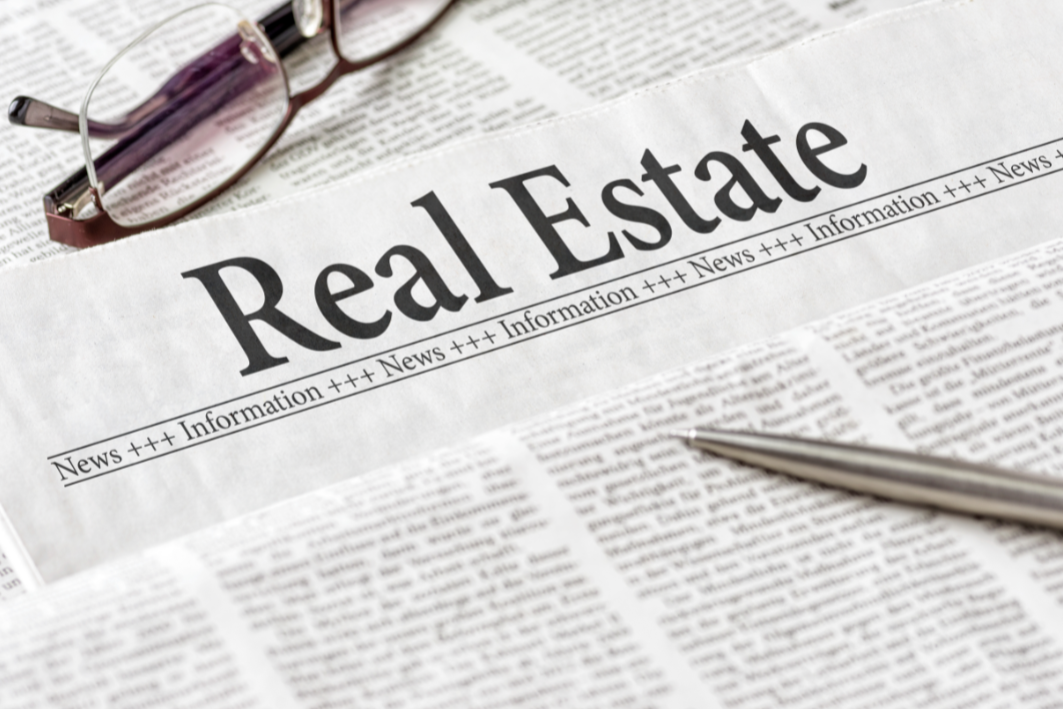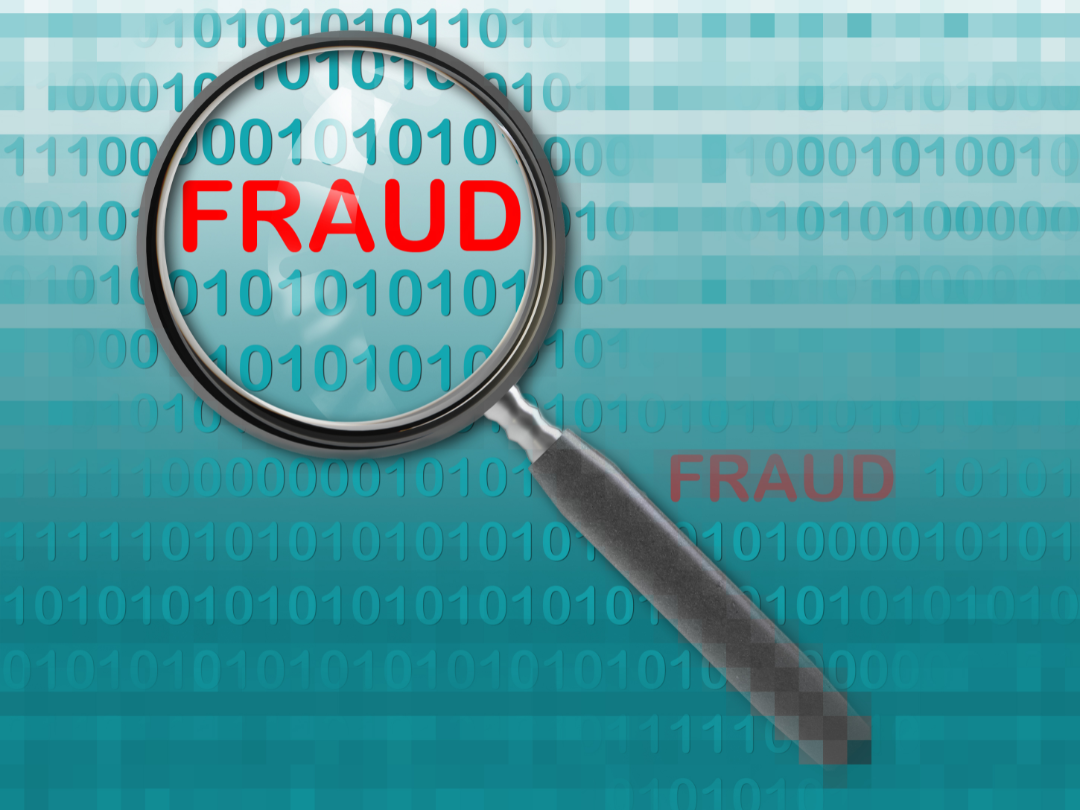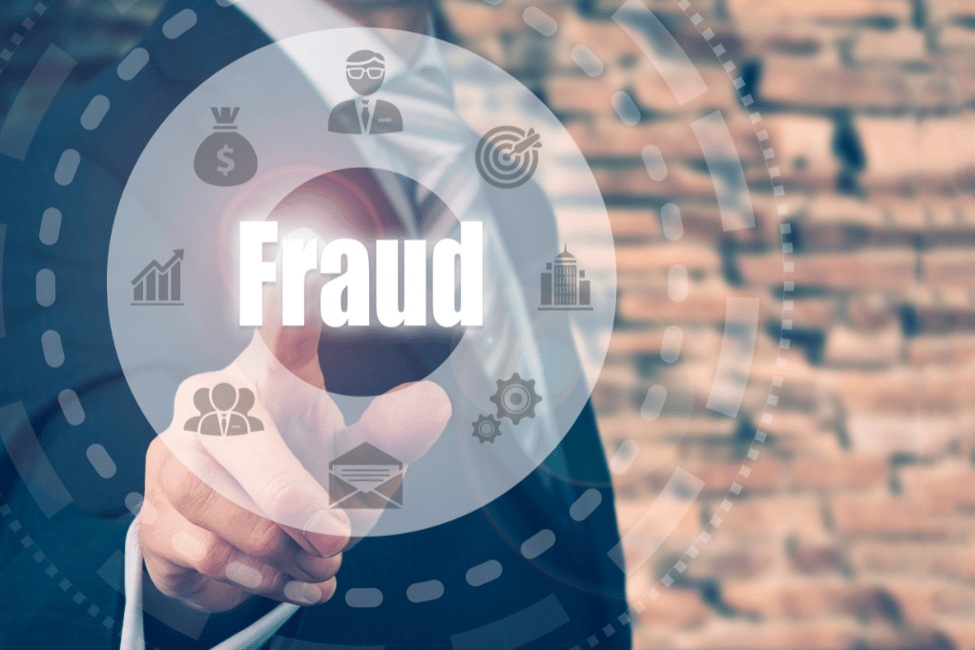Owning a home is a dream for many people, but what happens when that dream suddenly turns into a nightmare? Well, that’s exactly what will happen if you become a victim of real estate fraud. But what is real estate fraud, and how can it affect you? And more importantly, how do you protect yourself from becoming a victim of real estate fraud? We’re here to break down everything you need to know about real estate fraud, starting with an in-depth look at its various forms, discussing how it can affect you and your property, and outlining what to do if you think you’ve become its latest victim.

What is Real Estate Fraud?
When it comes to real estate fraud there are three main types: title fraud, foreclosure fraud, and mortgage fraud.
Title fraud occurs when the title to your home is stolen, and the fraudster then attempts to sell or apply for a new mortgage against your home. In order to steal a property title, a fraudster must commit identity theft first, which can be done by using data stolen from an organization or getting the information directly from the victim. Phishing attacks, phone scams, and mail or email interception are just a few of the methods that con artists use, and they’ll typically target homeowners with little to no remaining balance on their mortgage. Once they have the information they need, they will make fake IDs and forge documents, and some may even go as far as trying to sell the property.
Foreclosure fraud usually happens when you’re having problems making your mortgage payments and fraudsters approach you with non-traditional financing options. They may try to trick you into transferring your property title to someone to help you ‘make your payments’ with the ultimate goal of getting you to sign an additional mortgage or adding a lien to your property, thereby allowing the fraudster’s name to appear on the title. After that, all the con artist needs to do is instigate a loan default on the pretense that the victim failed to comply with some vague clause, and the mortgage foreclosure process begins.
Mortgage fraud can come in several forms, but it’s essentially tricking a financial institution into lending money when it otherwise wouldn’t. In some cases, a fraudster may try to make a profit (as outlined above in the title fraud section), whereas, in others, it could actually be the homeowner or the broker committing mortgage fraud. Unfortunately, not everyone is always honest when applying for financing, meaning some buyers may be tempted to lie on their mortgage applications to try and secure financing for a home they can’t afford. On the flip side, a broker can also commit mortgage fraud if they forge documents or alter credit details to get loans approved.

How Can Real Estate Fraud Affect Me?
Since there are many ways to execute a fraudulent real estate scam, the outcomes will vary from case to case. With mortgage fraud, since the numbers were manufactured to suit the loan (and not based on real values), you may become unable to make your payments and potentially face foreclosure from the lender. However, with foreclosure and title fraud, you could stand to lose complete control of your home and property. Nobody knows this better than a Toronto couple who returned from vacation to find that fraudsters had sold their house. In January 2023, Toronto police warned the public that two people had impersonated the homeowners, hired a real estate agent, and listed the home for sale. These con artists were actually able to complete the sale, and new homeowners took possession of it before the old homeowners came home to the discovery – not a great way to top off a vacation, now is it?
How Can I Protect Myself From Real Estate Fraud?
So, what can you do to ensure this doesn’t happen to you? Ultimately, knowledge and prevention are the best methods to help protect yourself from real estate fraud, so here are some of our top tips. For starters, you should never sign documents that you don’t fully understand or that could be later filled in with falsified information. Pay attention to your billing cycles and review your financial statements on a regular basis, noting any discrepancies. You’ll also want to keep your mortgage information in a safe place and shred old documents rather than throwing them in the trash. Do not knowingly submit falsified information when applying for a loan, and research any company or individual that reaches out offering financing. If you find that you’re having issues making your mortgage payments, the first person you should contact is your mortgage lender before seeking alternative options. And finally, you may want to consider buying title insurance to protect against title fraud, which will protect you from losses related to title fraud.

What Should I Do If I Think I’ve Become a Victim of Real Estate Fraud?
If you think you’ve become a victim of real estate fraud, there are several actions you should take immediately. Begin by writing down when you first noticed the fraud, including the actions you took, the names of the people you spoke to, and the date of communications. Next, you’ll want to file a report with your local police, reach out to your provincial land registry’s office, and contact the Canadian Anti-Fraud Centre to let them know what’s happened. You may also want to speak with your lawyer, get in touch with your financial institution, and alert Canada’s two credit rating agencies, TransUnion and Equifax, and ask them to put a fraud alert on your file.

Key Takeaways
When it comes to preventing real estate fraud, employing vigilance and common sense is critical because, unfortunately, if something ‘seems too good to be true,’ it probably is. For example, if someone is promising to help you with your mortgage payments without giving you the information you need to make a proper decision, you need to be equipped to recognize and report this scam sooner rather than later. In other words, it’s better to do your research, investigate your sources, and ask questions if you’re ever unsure. Ultimately, by understanding how real estate fraud can occur, being able to identify these red flags, and by taking preventative measures, you can ensure that you don’t become a victim of real estate fraud yourself.
If you need an experienced, reputable realtor in the Golden Horseshoe region to represent you as a buyer or seller in your next home transaction, be sure to check out my featured listings and do not hesitate to reach out to me directly!

